What We've been reading: Jan 2024
Artemis
Welcome! You've reached the place where we, on a monthly basis, gather up what the Lighthouse team are currently reading. You can check out round-ups from previous months amongst our Read Think Act posts.
Get ready for a robust one, folks, with piled-up reading from over the holiday break, stretching into the beginning of the year. Expect faux-IKEA horror alongside queer historical romps, political memoirs and more.
Jim
The History of Jazz by Ted Gioia - a sumptuously detailed chronicle of the great American artform, which combines music theory with racial politics and even geography to tell perhaps the definitive story of jazz music.
Noor
Hostile Homelands by Asad Ezza - wow, a brilliant investigation into the similarities and deals between two ethnonationalist states, Israel and India, oppressing the indigenous societies of Palestine and Kashmir. Ezza is measured, detailed and thorough in explaining the historical agreements and diplomacies between the states, as well as arms revenues, political methods and diasporic/foreign relations that have enabled them to enact such violence for decades.
Horrorstor by Grady Hendrix - a haunted house novel set in a knock-off IKEA superstore called ORSK. Staff member Amy is just trying to avoid her line-manager perfect Basil so that her transfer request goes through before he fires her. There have been strange things going on at Orsk though, things broken, writing scrawled on walls, smashed furniture. Roped into solving the mystery of these strange happenings before a store visit from a higher up, Amy is about to come face to face with horror unlike anything she could have ever imagined.
This is both a funny and honestly freakish novel. There's a great comment here about the idea of the "virtue" of work, and some nods towards the cruelty of labour and capitalism. Also the layout of the book looks just like a catalogue which I love.
Jess
Confessions of the Fox by Jordy Rosenberg - How I needed this to start the year. I know I’m a very late devotee but it came at just the right time. In its imagining of a life already made up of myth, illusion and archival quicksand, it embraces the uncertainty surrounding the figure of Jack Sheppard - legendary gaolbreaker in 18th century London - with immense joy. It’s a hymn to revolution and collective storytelling in very dark times.
Hannah
Currently reading: Stolen by Ann-Helén Laestadius paints an icy picture of the prejudices faced by Sámi people and their reindeer, alongside their rich and colourful culture (gákti are a beautiful sight to behold). We meet Elsa as a nine year old beginning to understand why they are othered, and the dangers faced by the community. Then again at nineteen when Elsa is furious and determined to take matters into her own hands. The pace is picking up and I'm looking forward to the reindeer killers getting their comeuppance!
It took me a while to get into the style and subtext of Bluebeard’s Castle by Anna Biller but once I did I was fully engrossed! It reads like a trope-tastic gothic romance, the eyes are all orbs, the lingerie is flimsy, the feet are well and truly swept. Despite the appealing aesthetics (Biller is the maker of The Love Witch after all), it becomes fairly obvious that this is the romanticised narrative of someone in an abusive situation with a leading man who is composed entirely of red flags. (Lots of content warnings for this one)
Listened to: How to Protect Bookstores by Danny Caine - I love bookshop origin stories so this was an absolute treat! Caine profiles 12 independent bookstores with obvious enthusiasm and adoration for his fellow bookstore owners and their varied causes and identities. Each case study ends with an action step on how to support and protect bookstores which looks beyond simply showing up and spending to consider the roles bookstores play in community, society and economy. Get the audiobook and support Lighthouse HERE.
Our Divine Mischief by Hanna C Howard - YA fantasy heavily inspired by Scottish myth and folklore. Quests and trials abound in this predictable but enjoyable tale of an island girl taking on the big bad with a supernatural sidekick who comes in the form of a loyal and mischievous (talking) dog. Get the audiobook and support Lighthouse HERE.
Peach
Minor Detail by Adania Shibli - Shibli uses language masterfully. This is an unflinching novella that uncovers the violence and indignities of living under occupation. I was transformed by reading this. (You can read about the Frankfurt Book Fair’s postponement of the author’s prize ceremony last year HERE)
Circe by Madeline Miller - super compellingly written. A great low-stakes entry into the Greek myths (especially, if like me, you have no desire to ever read the Odyssey). It’s always great to see women given the fuller stories they were denied by men simply wanting an archetype to propel the plot for their hero.
JJ
Free by Lea Ypi - an insightful memoir reminding us the world we want is not given, but waiting for us to build it.
Mo
We, the Heartbroken by Gargi Bhattacharyya - Why is the grief of the marginalised a threat to systems of power? “Without making space for heartbreak, how can we remember why we long for change? But equally, when making space for heartbreak, how can we avoid being frozen by sorrow?” We, the Heartbroken examines the pressure marginalised people find themselves under to make meaning out of suffering, and resists falling into those familiar trappings.
Palestinian Walks by Raja Shehadeh - What does it mean for a Palestinian to take a walk in nature when their land is under a brutal occupation? Raja Shehadeh brings tenderness along with hard facts from his decades-long fight for Palestinians’ land rights to this memoir told through excursions in nature. The land carries the wounds and scars from the occupation, and while reclaiming nature starts with understanding the absurdity of the deliberate lines drawn by the israeli occupation, in this memoir, we face Raja’s frustration; how can we argue with rationality against a system that does not see you as a human worthy of life? The damage of the occupation is ongoing, and Shehadeh’s writing faces the painful likelihood that, with the expansion of the israeli settler-colonial project, dreaming of paths that he can roam might be all that he is left with until the apartheid state is finally dismantled.
Linked Books
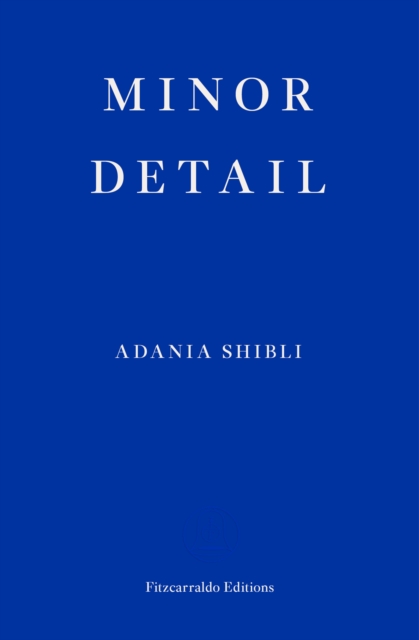
- title
- Minor Detail
- author
- Shibli, Adania
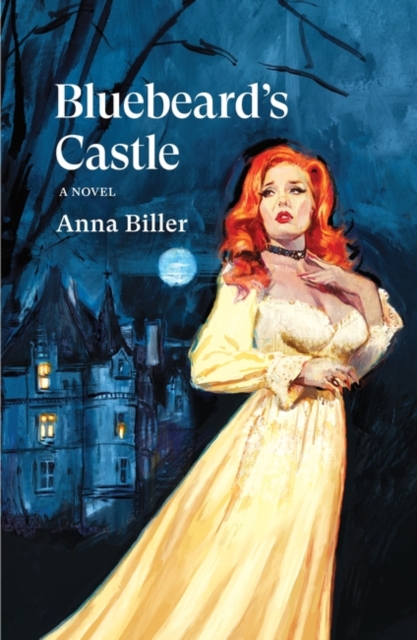
- title
- Bluebeard's Castle
- author
- Biller, Anna
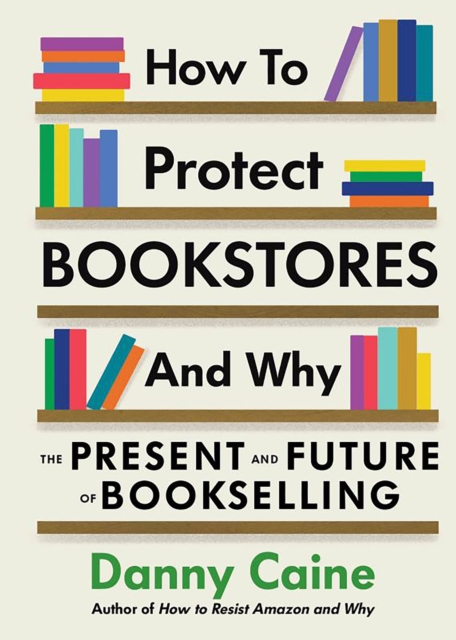
- title
- How to Protect Bookstores and Why : The Present and Future of Bookselling
- author
- Caine, Danny
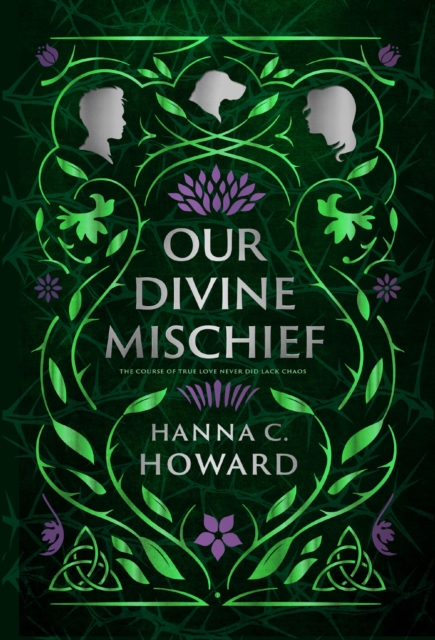
- title
- Our Divine Mischief
- author
- Howard, Hanna
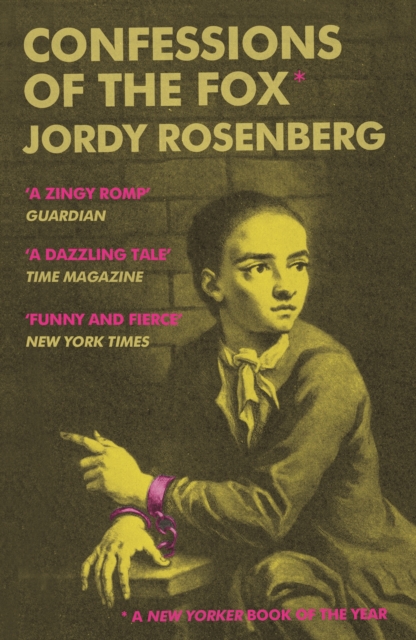
- title
- Confessions of the Fox
- author
- Rosenberg, Jordy
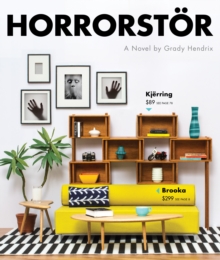
- title
- Horrorstor : A Novel
- author
- Grady Hendrix
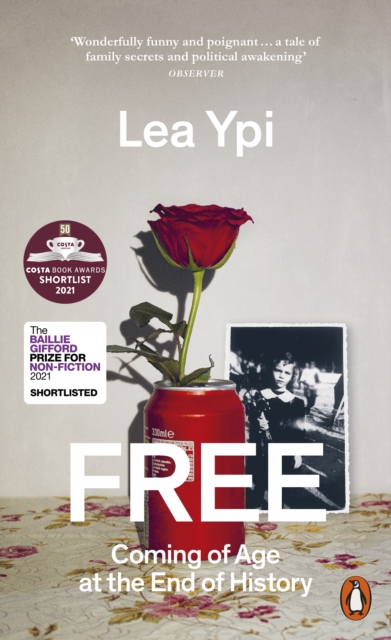
- title
- Free : Coming of Age at the End of History
- author
- Ypi, Lea
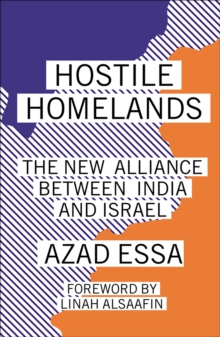
- title
- Hostile Homelands : The New Alliance Between India and Israel
- author
- Azad Essa
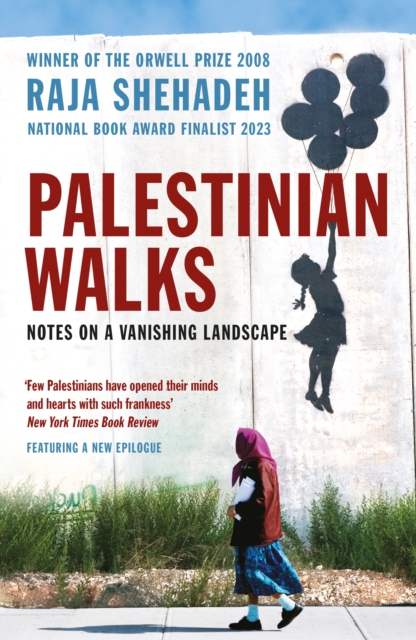
- title
- Palestinian Walks : Notes on a Vanishing Landscape
- author
- Shehadeh, Raja
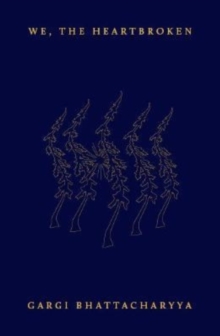
- title
- We, the Heartbroken
- author
- Gargi Bhattacharyya
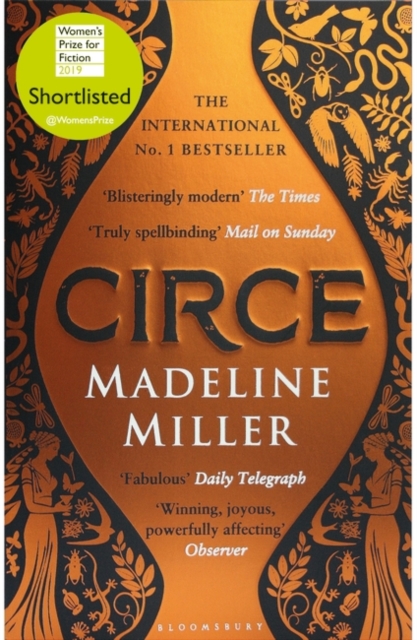
- title
- Circe : The stunning new anniversary edition from the author of international bestseller The Song of Achilles
- author
- Madeline Miller, Miller
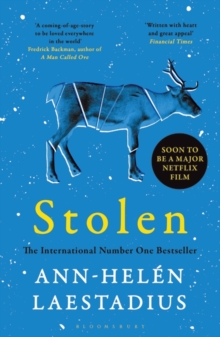
- title
- Stolen
- author
- Ann-Helen Laestadius
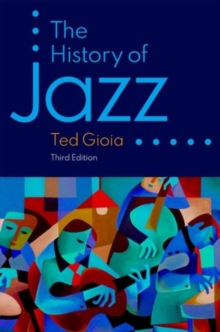
- title
- The HIstory of Jazz
- author
- Ted Gioia